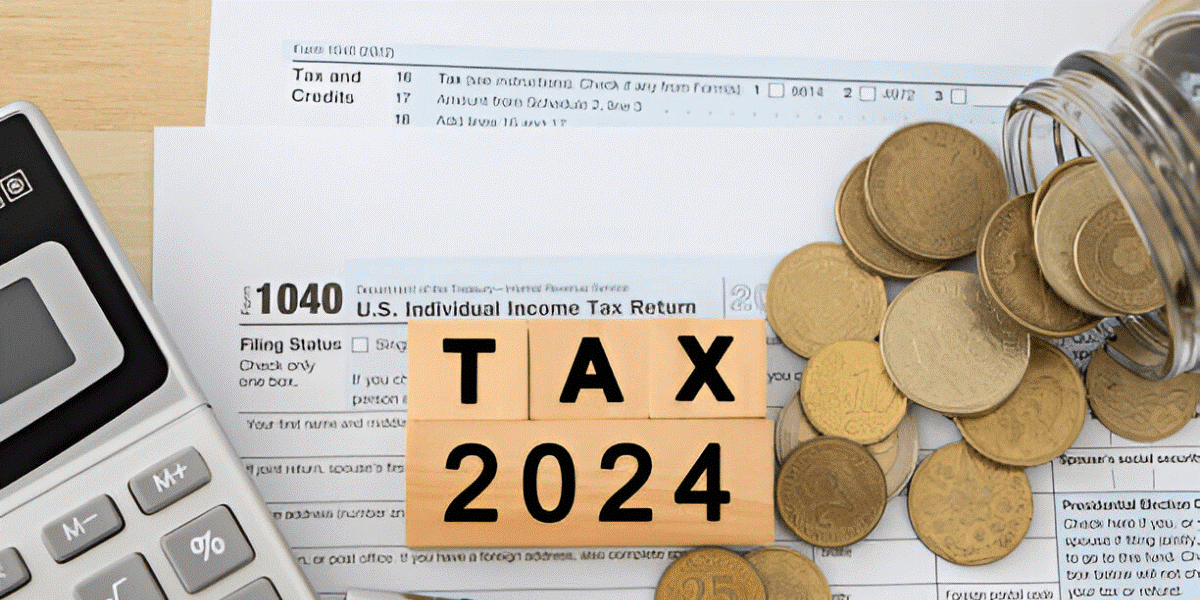Key Tax Deductions for Investment Properties
Interest on Investment Loans:
One of the most significant deductions available to property investors is the interest paid on a loan used to purchase an investment property. This can lead to substantial tax savings, particularly in the early years of a loan when interest payments are at their highest. However, it's crucial that the loan is directly linked to an income-producing investment to qualify for this deduction.
Property Management and Maintenance Expenses:
Running and maintaining an investment property comes with various expenses, all of which can generally be deducted. This includes property management fees, advertising for tenants, repair costs, and regular maintenance activities. Effective management of these expenses not only keeps your property in top condition but also reduces your taxable income.
Depreciation:
Depreciation refers to the tax deduction available for the decline in the value of the property's structure and fixtures over time. Additionally, investors can claim deductions for the depreciation of removable assets within the property, such as appliances and furniture. These deductions can provide significant tax relief over the lifespan of your investment. Want to learn more about
how rental property owners can prevent common tax errors?
Loan Establishment Fees:
The costs associated with establishing a loan for your investment property can be substantial. Fortunately, these borrowing expenses, including loan application fees, mortgage broker fees, and lender’s legal fees, can be deducted over five years or the term of the loan, whichever is less. This deduction can help mitigate the initial financial outlay involved in securing financing for your property.
Council Rates and Land Tax:
Ownership of an investment property comes with ongoing obligations to local government in the form of council rates, and to state governments as land tax. These costs are a regular part of property ownership and are fully deductible. It’s important to note that land tax rules can vary significantly between states and territories, so it's crucial to understand your obligations based on the property's location.
Insurance Premiums:
Insurance is a non-negotiable aspect of owning an investment property, covering potential damage to the property and liability for tenant injuries. Landlord insurance, building insurance, and contents insurance premiums are all deductible expenses. These policies not only provide peace of mind but also offer financial benefits come tax time.
Gardening and Pest Control:
The costs associated with maintaining the exterior of your property and keeping it pest-free are also deductible. This includes gardening services, lawn mowing, and pest control activities. These maintenance efforts are essential for preserving the value and livability of your investment, making their associated costs a worthwhile deduction.
Other Deductible Expenses:
A range of other expenses incurred in the process of generating rental income are also deductible. These include, but are not limited to, insurance premiums, council rates, legal fees, and accounting costs. Understanding what expenses are eligible can greatly impact your tax obligations at the end of the financial year.
Capital Gains Tax (CGT) Concessions
When you sell an investment property for more than you paid for it, the profit you make is considered a capital gain and is subject to Capital Gains Tax. However, the Australian tax system offers a concession for properties held for more than 12 months, allowing investors to reduce their capital gain by 50%. This significant concession can greatly reduce the tax payable on the sale of an investment property, underlining the importance of long-term investment strategies.
Negative Gearing
Negative gearing occurs when the cost of owning a property, including interest on the loan, maintenance, and other expenses, exceeds the income it generates. This loss can be offset against other taxable income, potentially reducing the investor's overall tax liability. While negative gearing may imply a loss in operational terms, the potential tax benefits and long-term capital growth can make it a worthwhile strategy for many investors. To learn more about the
Australian Property Market Outlook 2025 and Negative Gearing, explore now.
Record Keeping and Compliance
Effective record-keeping is essential for maximising your tax benefits and ensuring compliance with Australian Taxation Office (ATO) regulations. Investors should maintain detailed records of all income and expenses related to their property, as well as documents pertaining to the purchase and sale of the property. This not only simplifies tax return preparation but also ensures that you can substantiate your claims in case of an audit.
Wrapping Up
Understanding and leveraging the tax benefits of investment property in Australia can significantly enhance the returns on your property investment. From deductions for interest and maintenance expenses to depreciation allowances and capital gains tax concessions, there are numerous ways to reduce your taxable income and improve your investment's profitability.
However, the complexities of tax law mean that it's often wise to seek professional advice from a
Property Tax Accountant to ensure that you're maximising these benefits while remaining compliant with ATO requirements. By staying informed and strategic about your tax obligations and opportunities, you can make your investment property work harder for you, paving the way to financial success and security.





















